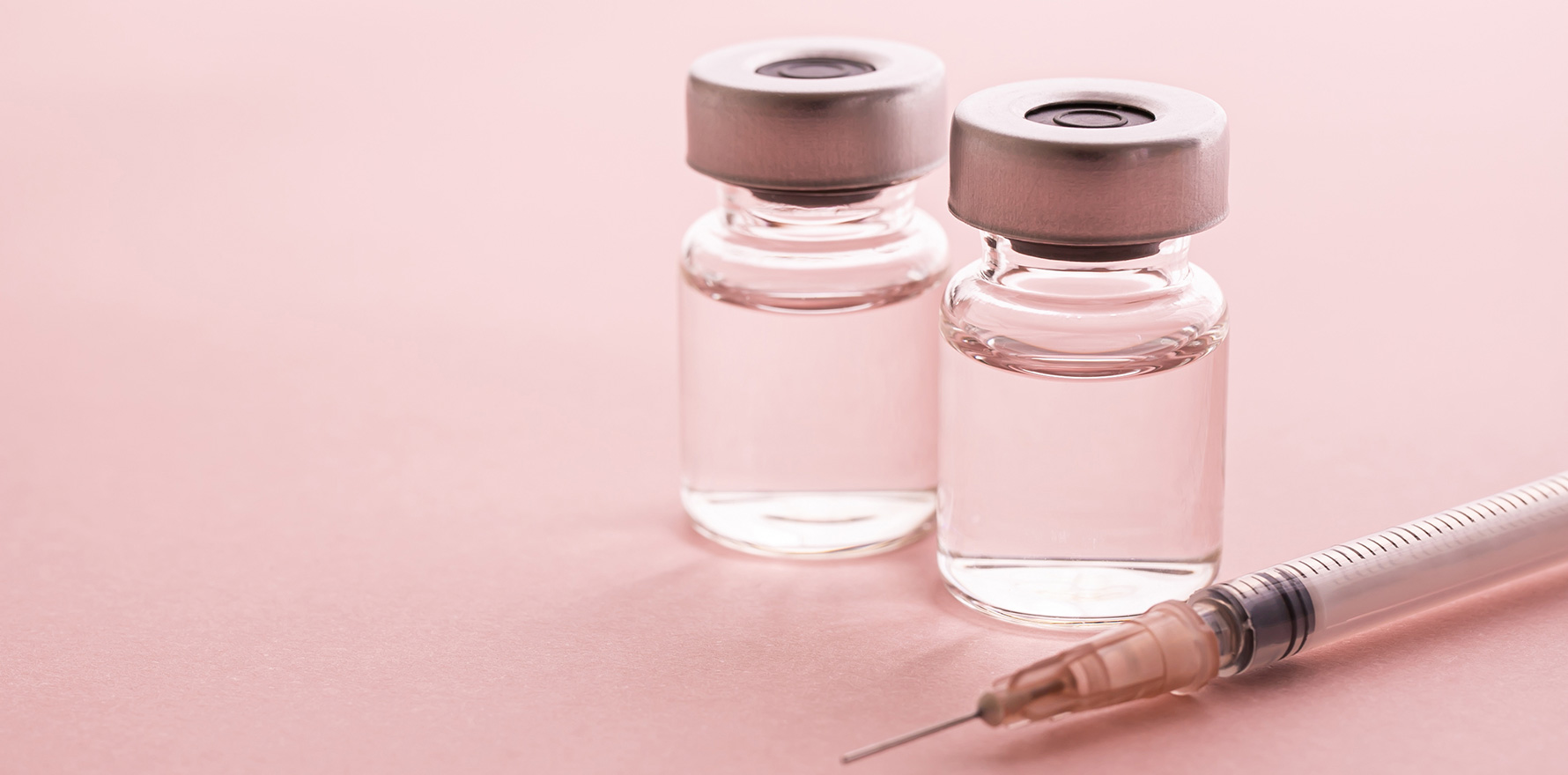As predicted, banning words like ‘fillers’ has just sent the injectables sector underground.
Since I wrote my opinion on the latest TGA regulations around the advertising of cosmetic injectables, no further update has come on how we may describe the procedures we offer.
Concurrently, “Operation Redress”, the advocacy duo who helped expose the “cosmetic cowboys” in late 2022, have turned their attention to non-cosmetic surgery and injectables. Most of us predicted that this would be the next step, and it is largely welcomed. After all, if you are not advertising medical procedures as all fun and games, there should be no issue with some regulations – right?
But a quick glance at recent Operation Redress podcast episodes seems to indicate that, while well intended, they may be headed in a direction they didn’t predict when pushing for these regulations.
This is the kind of language I’m seeing now:

Not “book a consult” but “inbox us”.
Is this what the TGA wanted? No consultation, just an asynchronous chat?
Colleagues report that several chains, in the wake of the new TGA regulations, have encouraged prospects to sign up for newsletters filled with testimonials, drug names freely mentioned with price and packages on sale – all banned, all considered inducement.
So tell me again, how this is better for the public?
In clinic, we still get regular calls and DMs on social media “How much for X?” I’ve never worked on pricing, or advertising. My page has always been about education (and I actually lead with the negatives to deter anyone who is price shopping or wants to order off a menu).
This habit of treating injectables as a commodity is deeply ingrained in society over at least a decade of advertising and a very low bar for entry. Medical graduates are getting into medical aesthetics soon after nursing and medical schools who often have questionable medical and ethical standards, having skipped the traditional rigorous years of supervision and mentorship as well as learning from mistakes safely. Many come from a retail industry (hairdressing, dermal therapy and related) where selling and upselling is part of the job and so they don’t know any different.
Then we have advocates such as Maddison Johnstone and Michael Fraser from Operation Redress, who are trying to turn things around, with laudable intent, but perhaps without considering the full consequences.
In their latest podcast (see this snippet) it is suggested that anyone beginning research into non-surgical medical aesthetics ought to not rely on social media (agree) and instead begin with someone “completely unrelated to the field” such as their GP or a therapist.
As if referrals for plastic surgery were not enough to add to the workload of an already slammed and dwindling workforce – we now need to educate patients considering injectables on this without any actual knowledge/experience of the process involved?
Or refer them to a psychologist who may have an interest in BDD and people’s vulnerabilities through advertising but who may again a) be hard to access b) be costly to access c) have no actual idea of the different drugs used because, beyond exploring motivations, it is not their area of expertise nor within their scope of practice to educate on. It is the role of the surgeon/doctor seeing a patient.
Remember: the person doing the procedure does the consent. There is a reason why this is a rule.
In my 23 years as a doctor, with a decade as a surgical trainee and a decade as a specialist GP, when a patient has come to me with an incidental request for a referral to a plastic surgeon (for anything) I have done it after a brief history and examination as appropriate. As a non-surgeon, it is not my place to educate them on the different options of breast implants or types of rhinoplasty; nor is it my place to gatekeep access to the person who can help educate and advise them – that is what the referral is for.
How do I safeguard my patient? Through the longterm therapeutic relationship that over time allows me to know my patient – their vulnerabilities, any history of anxiety/depression, their social history. The trust we build allows them to listen to me and be influenced by me.
Is a walk-in or telehealth GP they’ve never met going to do this? Or a psychologist they start seeing purely to ask about injectables – are they going to know any of the relevant background or establish that trust in one or two paid-for sessions?
This does not even begin to consider the fact that if these professionals are not in the field itself, they know nothing about the actual drugs, how they can be used and what realistic end goals should be. Should I be asking my GP about orthodontics too?
Related
For all that, you need an actual expert. Not someone who points at $299/mL signs on social media, or who sells packages like bulk-buy discounts, or who says “inbox for details” and opens a medicolegal nightmare they may not even be covered for (asynchronous chatting) all in the name of a sale.
The industry is well overdue for a regulation rethink, but this is not it.
Limiting actual experts who inform and educate on social media without advertising is a bad thing. People have access to this information including drug names all over social media.
Also bad and in need of regulation is the lack of standards, the very low bar for entry and the light slap on the hand for rogue providers who continue to flout the rules because the fines are just the price of doing business.
Dr Imaan Joshi is a Sydney GP whose practice includes aesthetics; she tweets @imaanjoshi.





